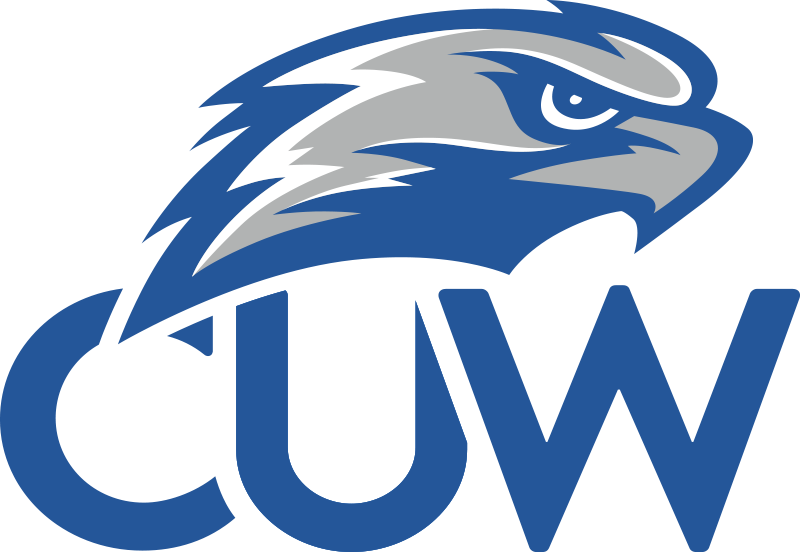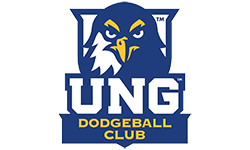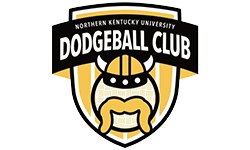I was watching an NBA game today when the idea for this column hit me.
During the game, the announcers were talking about how the players wanted to use their position as professional athletes to give back to the community. Mike Breen actually said it was their “responsibility” to do so. It was that particular word that got me thinking.
It isn’t Kobe Bryant status as an NBA player that carries this obligation, as countless musicians, actors and politicians have also devoted hours to benefiting their communities in some way. Instead, it is his platform that necessitates such a responsibility. It is the chance to stand out and be recognized that demands both self-focused and selfless behavior.
This moment of understanding capped off the snowball that had been gathering in my head the last few months. If you have a platform, I realized, you should use to benefit others as well as yourself. Sure, it’s a simple message. But like voting, countless people applaud the merit of giving back but then fail to participate themselves.
Here’s the reason I mention all of this: as college dodgeball players, we have the same platform as everyone else, from Kobe to Kanye to Katie Holmes. It’s not the same size platform reserved for those superstars, but it does exist and carries the same responsibility of its bigger counterparts. While our teams can’t give back millions, we can give back something more proportionate to our meager budgets and limiting status as a niche sport.
As president of Western’s team, I stress the importance of giving back in some way. In my three years at the helm, we’ve had some good opportunities to do that through the Battle of the Bluegrass, the charity tournament for St. Jude and our upcoming Clash of the Commonwealth at the end of this month. In fact, it’s my hope that we’ll raise $4,000 through these three events by semester’s end.
What some teams might fail to realize is that only of those events required extensive planning on our part. The other two only require us to show up and play. So, whether you’re GVSU and have 80 players or Miami and have only 8, fundraising is an option that’s always on the table. Those teams that actively fundraise do so because they’ve recognized two things: how important it is to give back and how many opportunities there are to do so.
Let me explain. During my sophomore year at Western, my major concern was putting a team together that would show up to play consistently. Fundraising wasn’t even on my radar at that point. But then I got a message from UK’s former captain Errol Strauss that basically said, “Hey, come play us at Butler County High School to raise money for their after-prom program. We did it last year, and it’s a lot of fun!” Of course, I agreed, and without even trying, our team was given a chance to raise money for a good cause.
When game day arrived, Western and UK played a game that counted toward their records and Butler Co. HS made over $1,000. After the game, we were met with adoration and an invitation to do the same thing the next year. Kids cheered us from the stands and wanted our autographs afterward. All of that happened just because we showed up to play.
The first Battle of the Bluegrass had a big effect on me. Before I’d even seen an impact on Western’s campus, our team had made a difference in the lives of those Barren County folks. The game helped me see that just because we were a small fish in a small pond, didn’t mean that Western Dodgeball couldn’t use its tiny platform to give back.
I started paying attention to the multitude of causes that needed support on campus and in town, and the results were astounding. In just one year, there were hundreds of causes and fundraising events that needed support. Check it out next time you read the newspaper, pass by the bulletin board in your dorm or get on Facebook. Once you start looking, the opportunities are almost endless.
That being said, the easiest way I think the NCDA can help give back is through playing. While hosting events like Western’s charity tournament and Kent State’s tournament for Haiti is nice, teams don’t even have to put in that much work.
My suggestion is to pick a game on your schedule and talk to a high school in your area about making the game a fundraiser for the cause of their choice. Assuming most of the players attended high school in the state where they go to college, each team has a nice base of about 10-15 schools where connections exist. Pitching the game shouldn’t be hard if you say something like, “You can do something cliché like a car wash to raise money, or you can host a college dodgeball game and entice spectators with a sport they thought only Vince Vaughn and Ben Stiller play.” Trust me, they’ll see the light.
Once schools agree, they’ll form a little committee to decide on logistics and promotional ideas. They’ll call each team if they have questions or need to run something by them. In the meantime, captains get to focus on practicing instead of planning for a home event. A few months later, both teams will drive to the host school, turn in their rosters and play. The game will be unlike anything they’ve played in before because it’s a packed house and the crowd thinks every headshot and diving catch is the coolest thing ever. Kids will ask for autographs after the game and teams will be fed pizza for their trouble.
Tell me what part of that last paragraph didn’t sound like something you’d want your team to do? I thought so. No worries, either – this isn’t some gimmick I’m proposing. There’s no catch. Raising money can be that easy and fun for everyone involved. In fact, it’s my hope that someday all NCDA games will be played as fundraisers.
Wouldn’t that be putting our platform to good use?

























